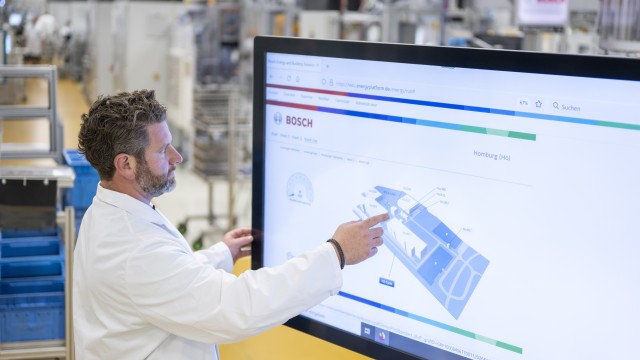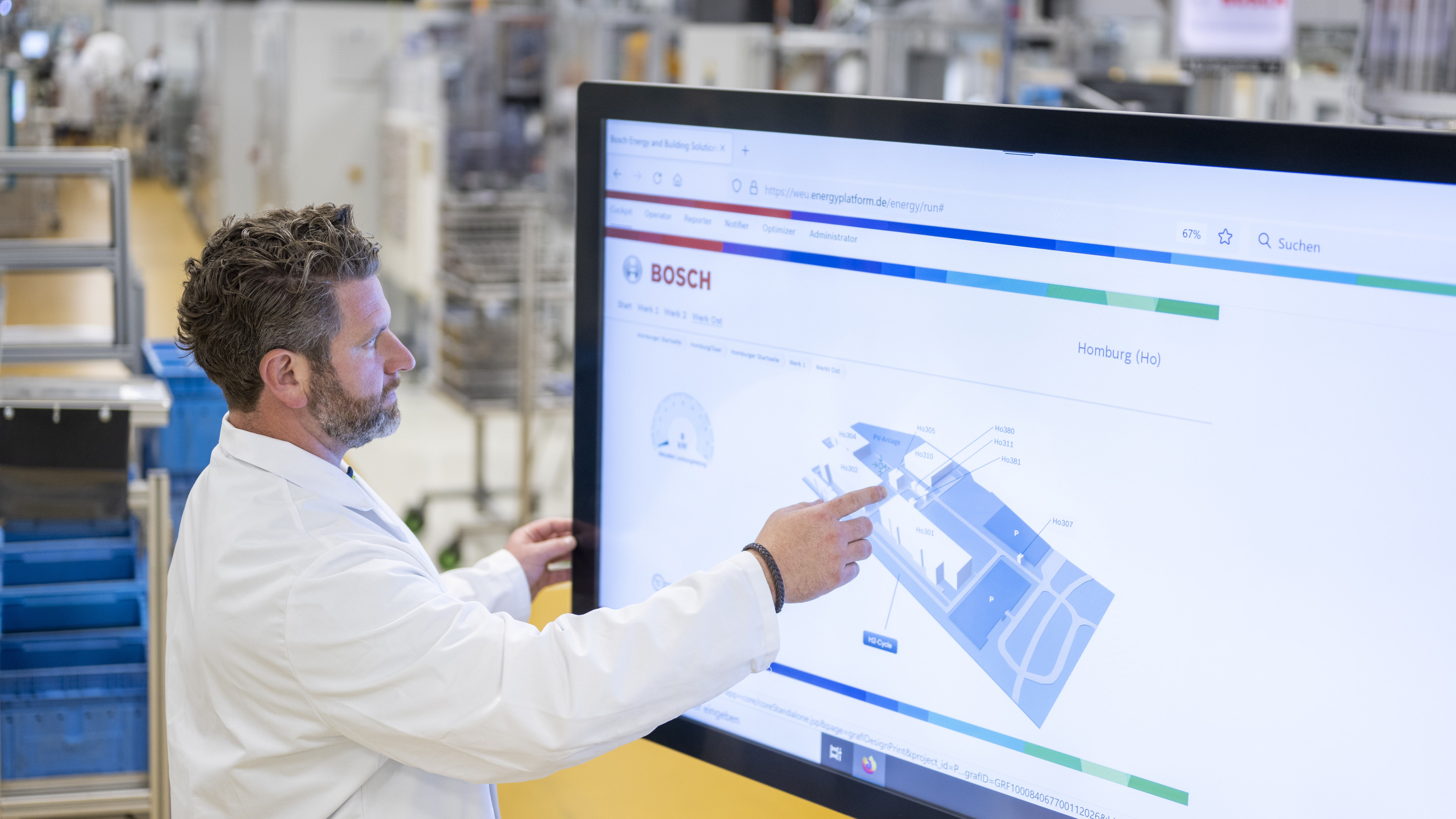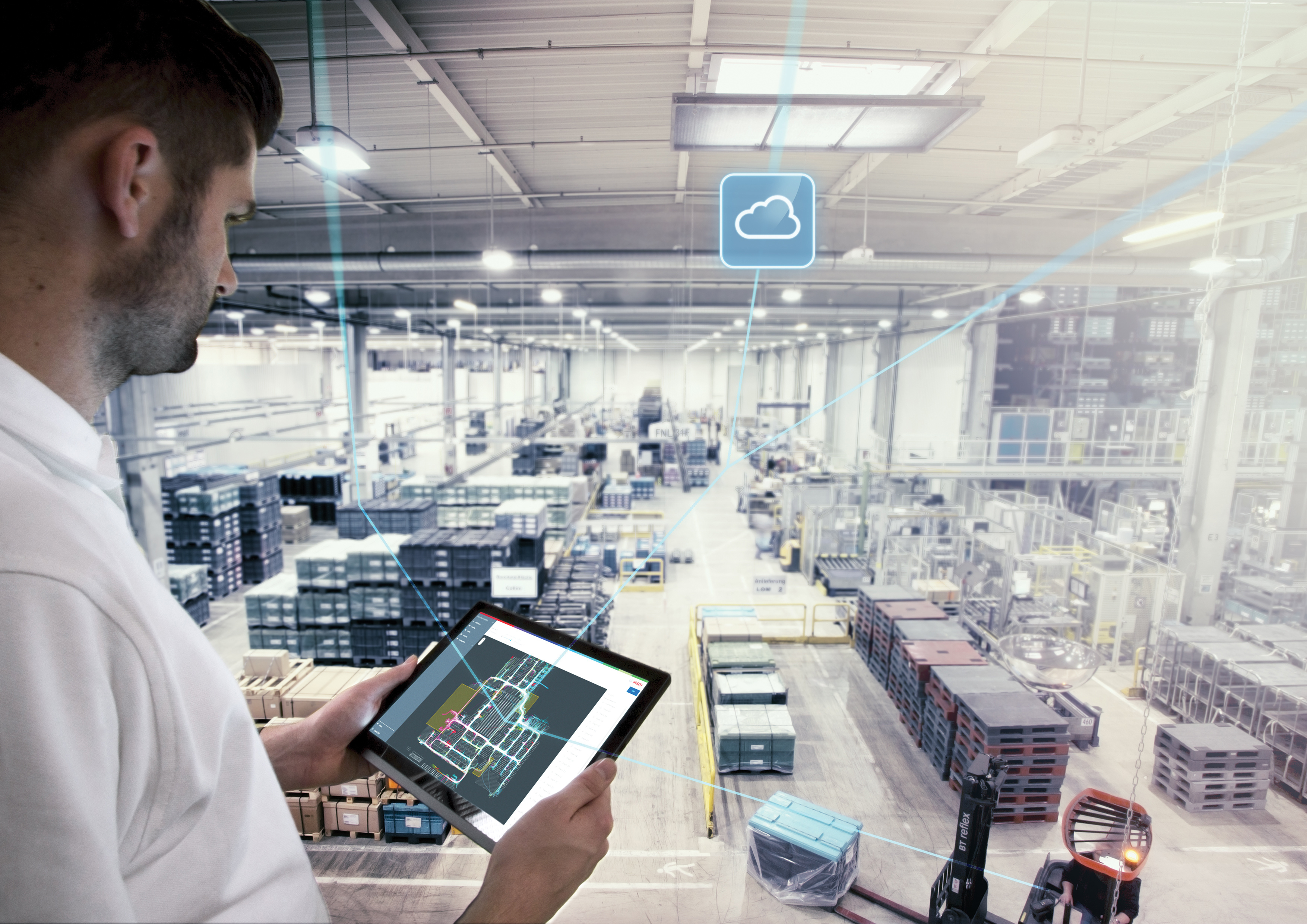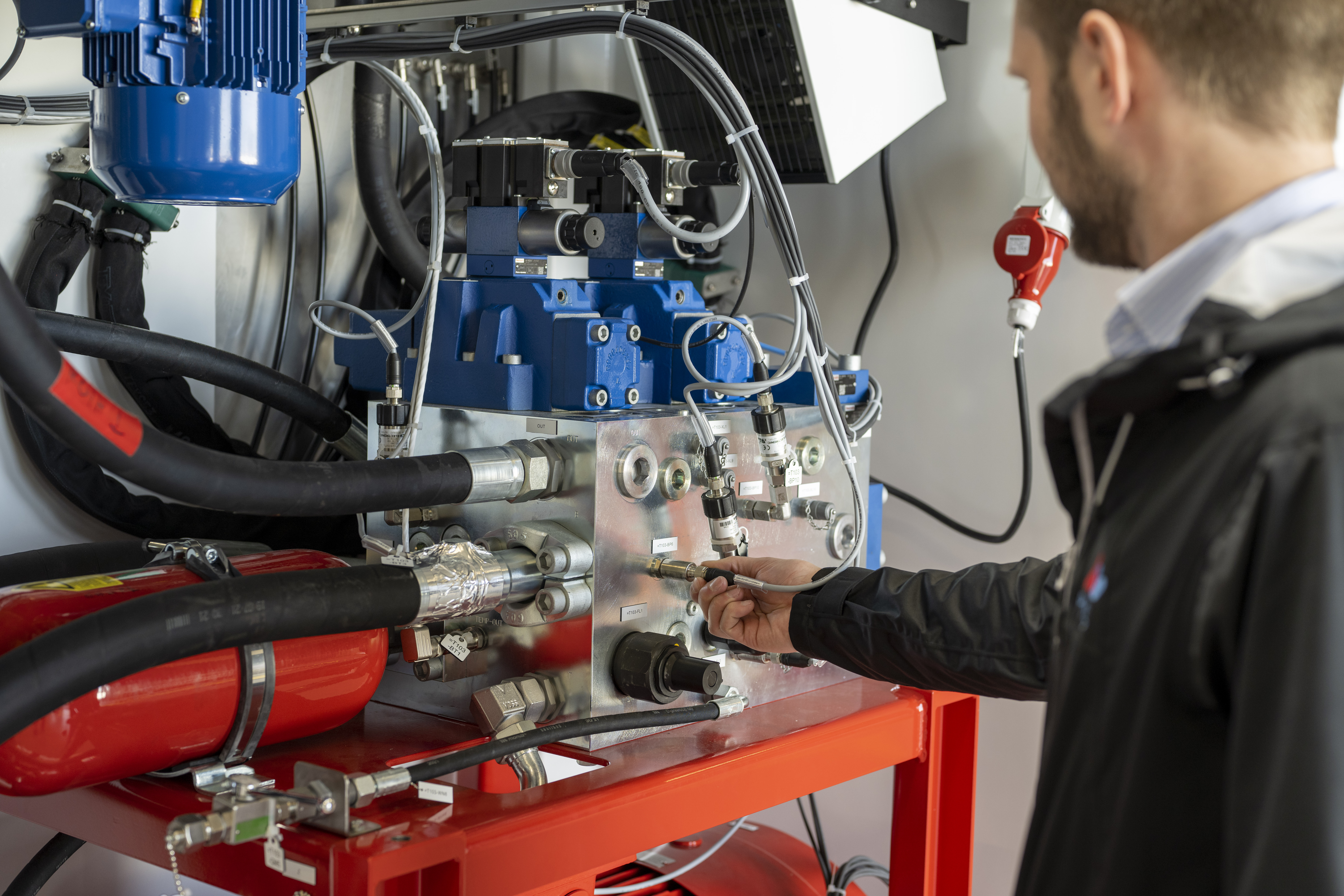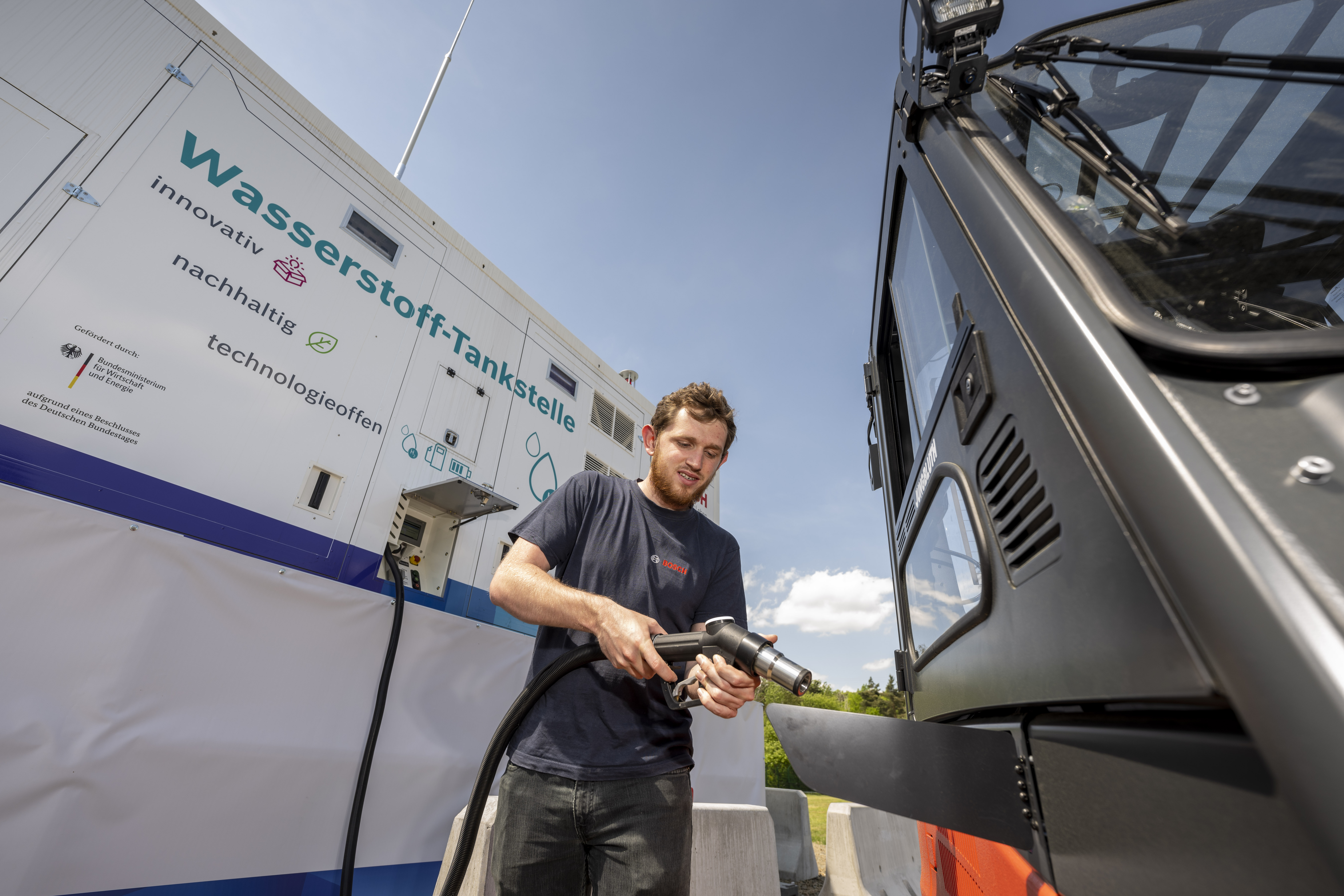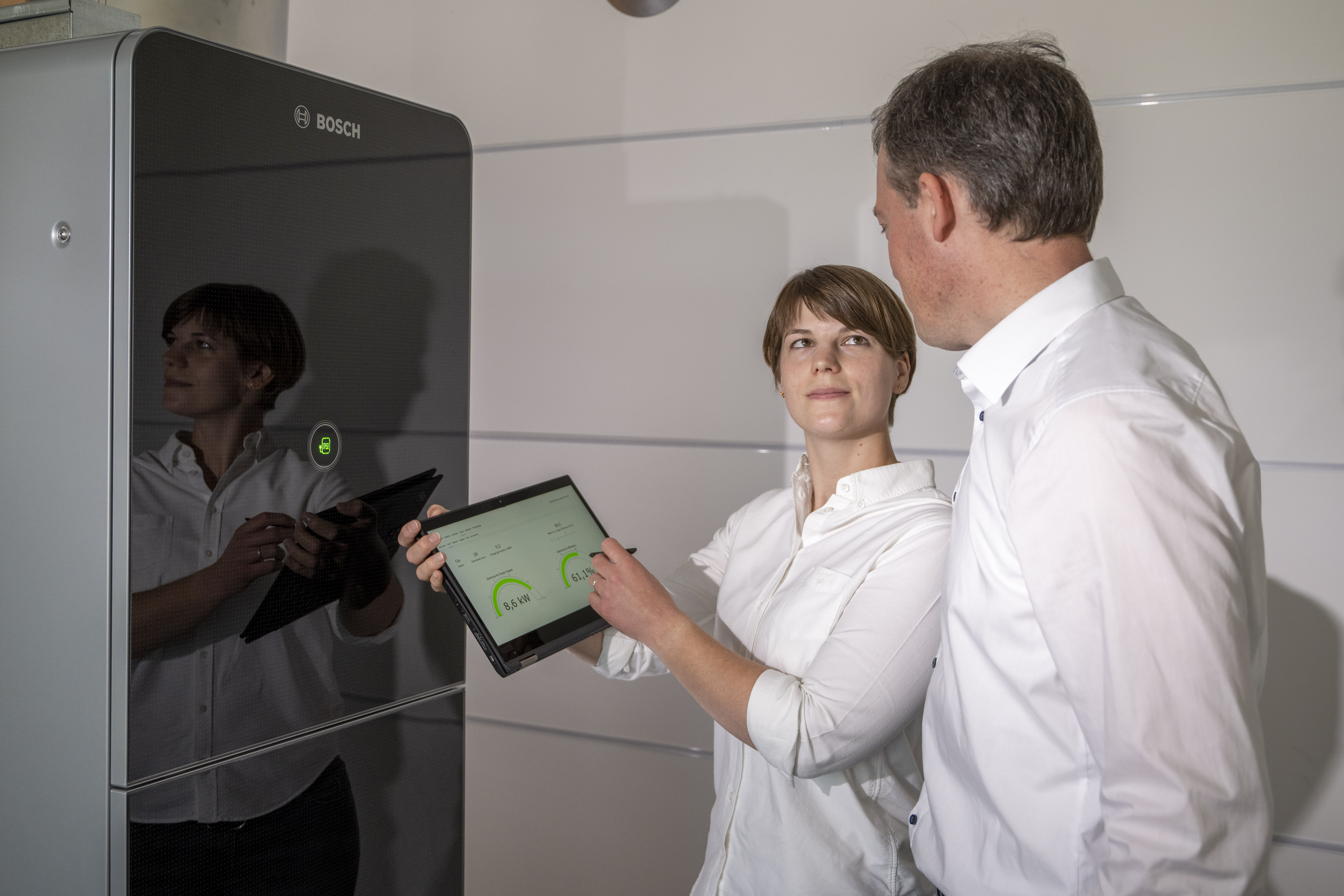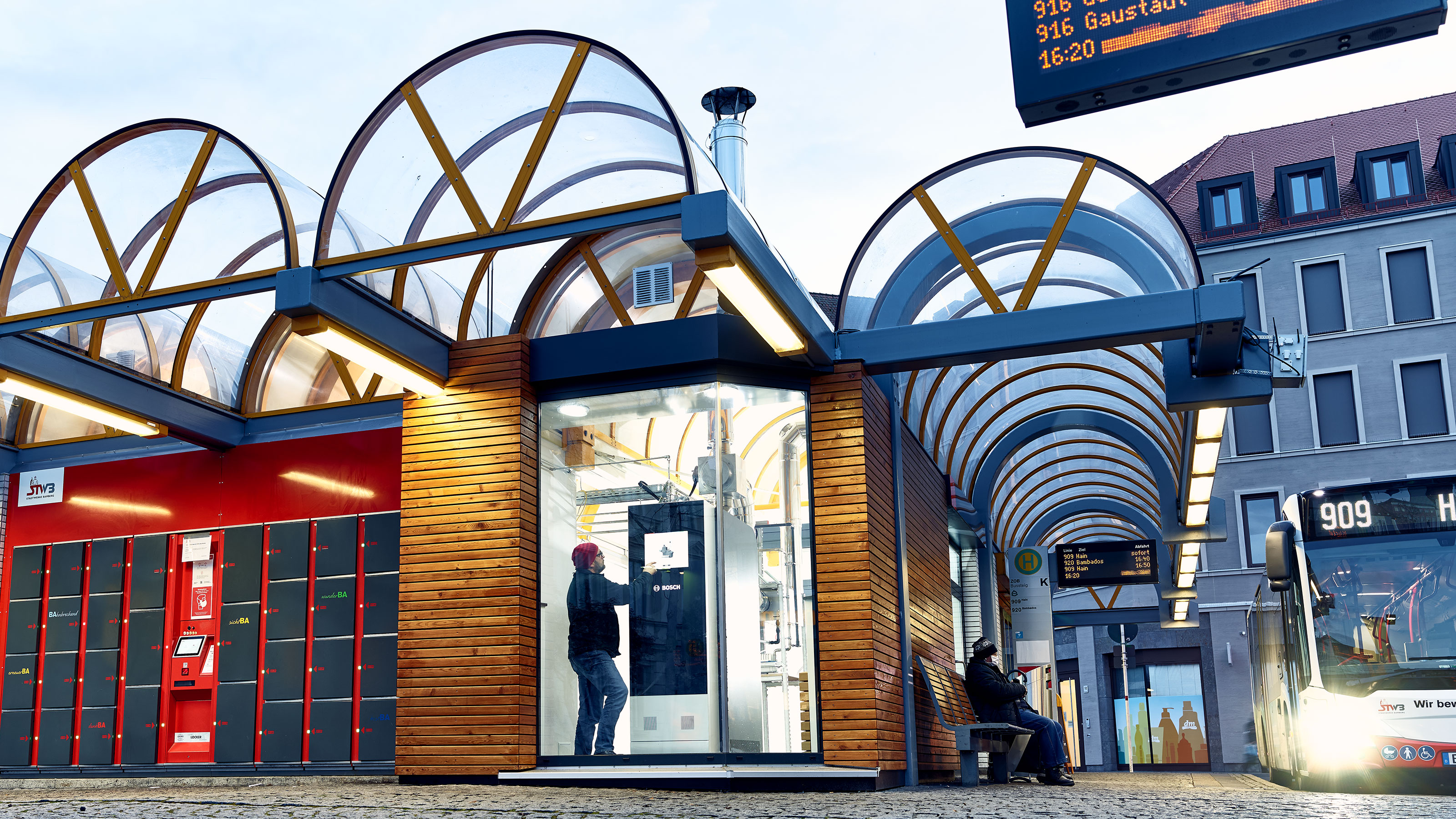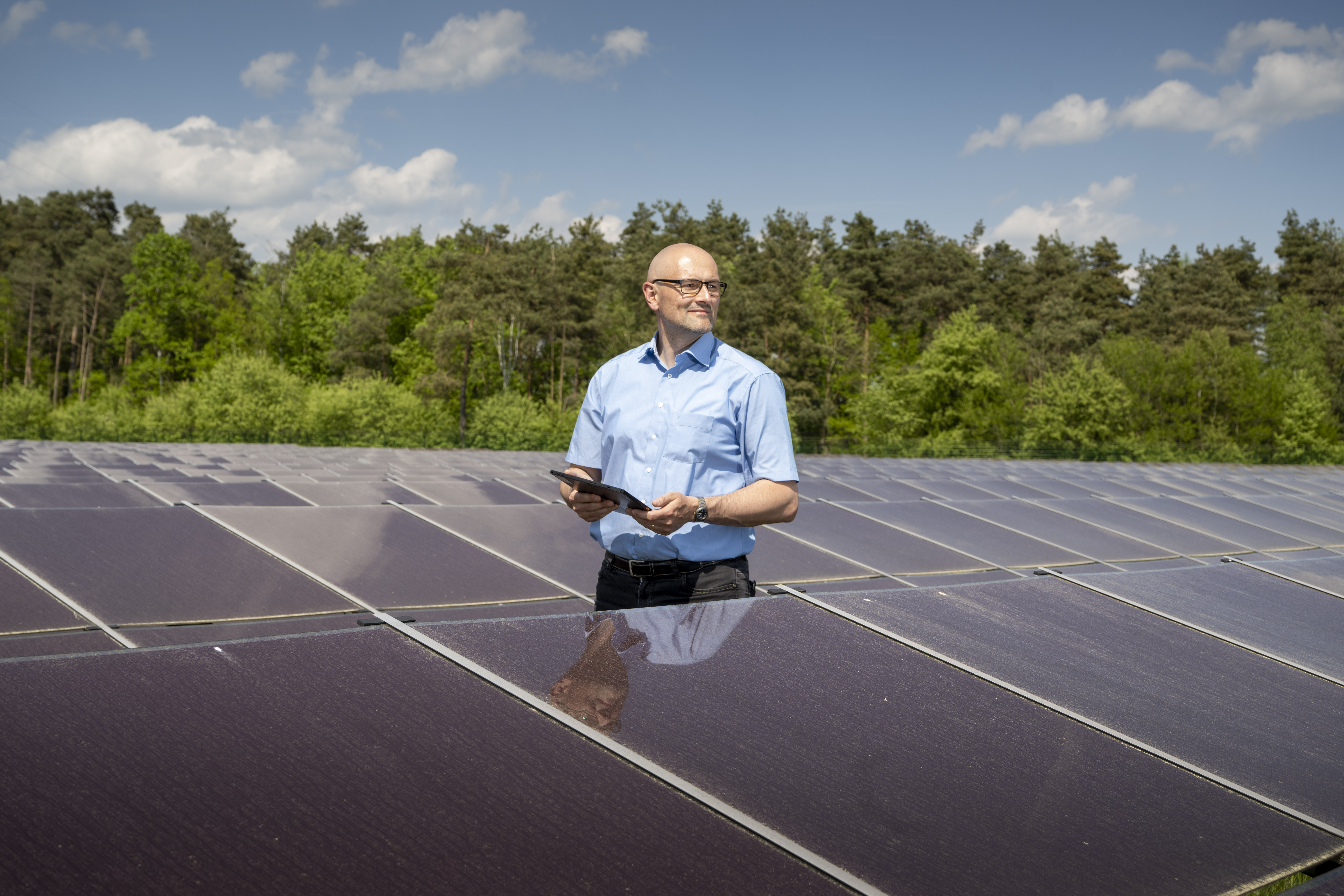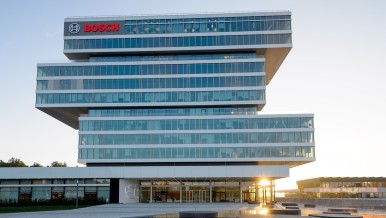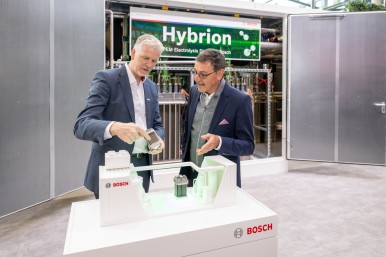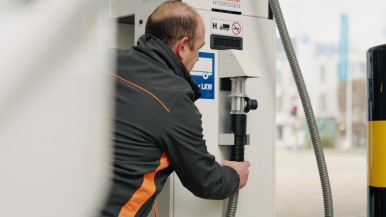Stuttgart, Germany – The energy supply industry is facing enormous challenges – and the list of requirements is long: reduce dependencies, guarantee uninterrupted supply, increase the use of renewable energy, maintain prosperity and economic clout. At this year’s Hannover Messe (May 30 to June 2), industry is discussing concepts and ideas for climate-neutral manufacturing. Industry accounts for some 23 percent of CO2 emissions. Bosch is developing climate-friendly solutions and also using them in its own plants. Its Homburg site, for example, is piloting the first hydrogen cycle, equipped with Bosch technology. The following is an overview of solutions from the Bosch industrial technology portfolio – either used in the Homburg plant or manufactured on-site.
Contact persons for press inquiries:
Dennis Christmann
Spokesperson for industrial technology
Phone: +49 711 811-58178
Twitter: @BoschPress
Dörthe Warnk
Spokesperson for energy and building technology
Phone: +49 711 811-55508
Twitter: @d_warnk
Links
About Bosch
The Bosch Group is a leading global supplier of technology and services. It employs roughly 417,900 associates worldwide (as of December 31, 2024). According to preliminary figures, the company generated sales of 90.5 billion euros in 2024. Its operations are divided into four business sectors: Mobility, Industrial Technology, Consumer Goods, and Energy and Building Technology. With its business activities, the company aims to use technology to help shape universal trends such as automation, electrification, digitalization, connectivity, and an orientation to sustainability. In this context, Bosch’s broad diversification across regions and industries strengthens its innovativeness and robustness. Bosch uses its proven expertise in sensor technology, software, and services to offer customers cross-domain solutions from a single source. It also applies its expertise in connectivity and artificial intelligence in order to develop and manufacture user-friendly, sustainable products. With technology that is “Invented for life,” Bosch wants to help improve quality of life and conserve natural resources. The Bosch Group comprises Robert Bosch GmbH and its roughly 470 subsidiary and regional companies in over 60 countries. Including sales and service partners, Bosch’s global manufacturing, engineering, and sales network covers nearly every country in the world. Bosch’s innovative strength is key to the company’s further development. At 136 locations across the globe, Bosch employs some 86,900 associates in research and development, of which nearly 48,000 are software engineers.
The company was set up in Stuttgart in 1886 by Robert Bosch (1861–1942) as “Workshop for Precision Mechanics and Electrical Engineering.” The special ownership structure of Robert Bosch GmbH guarantees the entrepreneurial freedom of the Bosch Group, making it possible for the company to plan over the long term and to undertake significant upfront investments in the safeguarding of its future. Ninety-four percent of the share capital of Robert Bosch GmbH is held by Robert Bosch Stiftung GmbH, a charitable foundation. The remaining shares are held by Robert Bosch GmbH and by a corporation owned by the Bosch family. The majority of voting rights are held by Robert Bosch Industrietreuhand KG. It is entrusted with the task of safeguarding the company’s long-term existence and in particular its financial independence – in line with the mission handed down in the will of the company’s founder, Robert Bosch.
Additional information is available online at www.bosch.com, www.iot.bosch.com, www.bosch-press.com.

